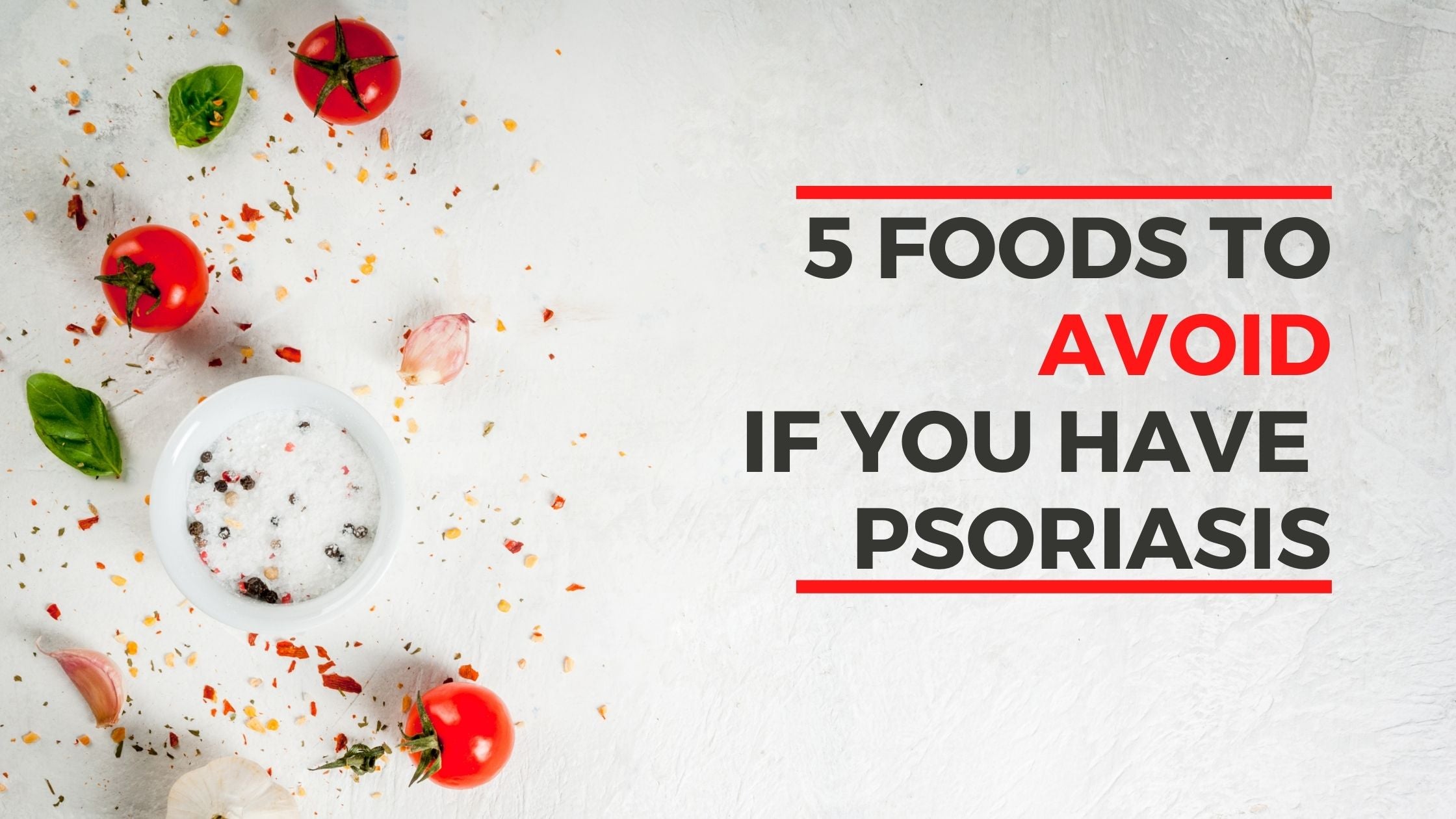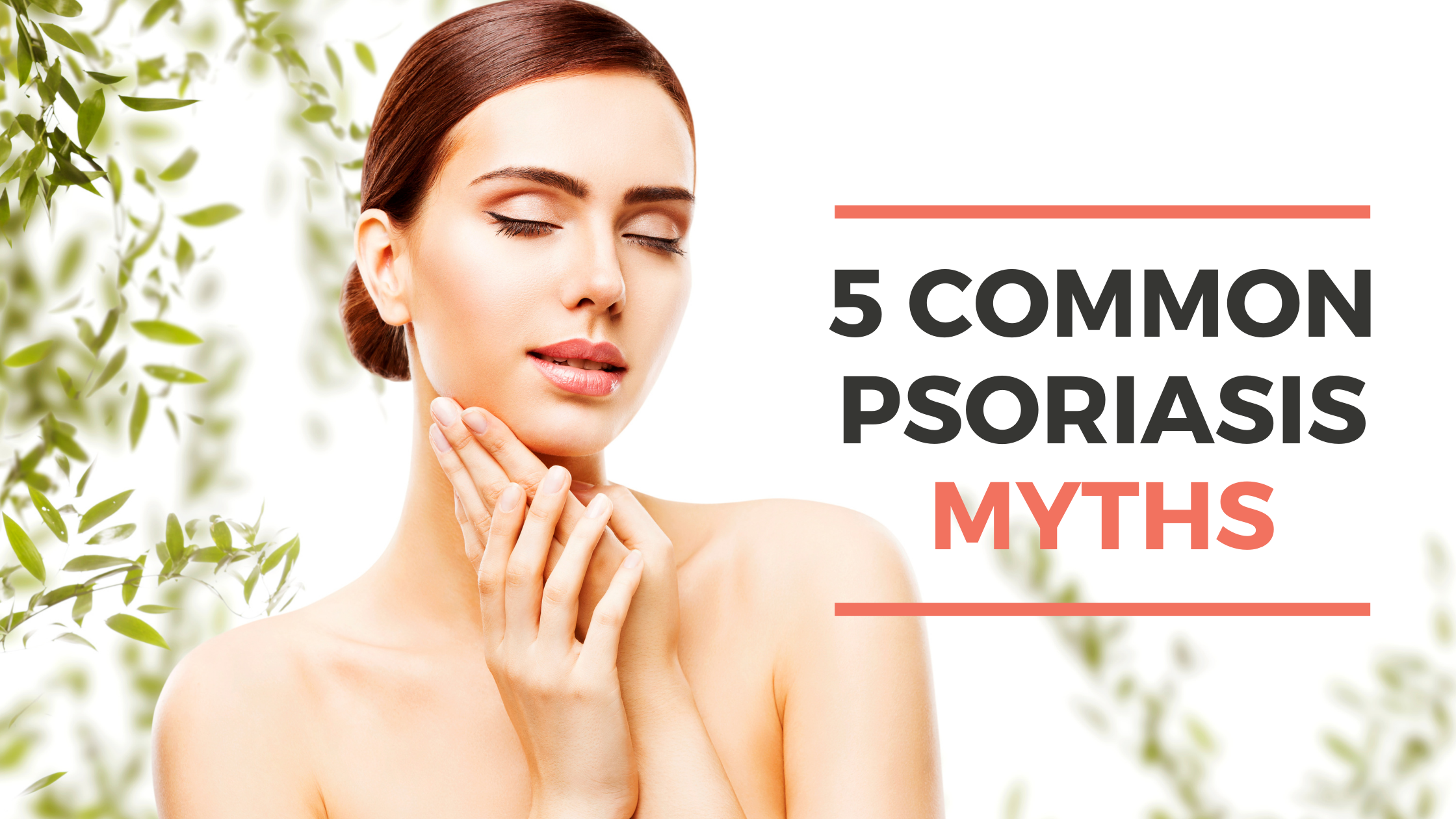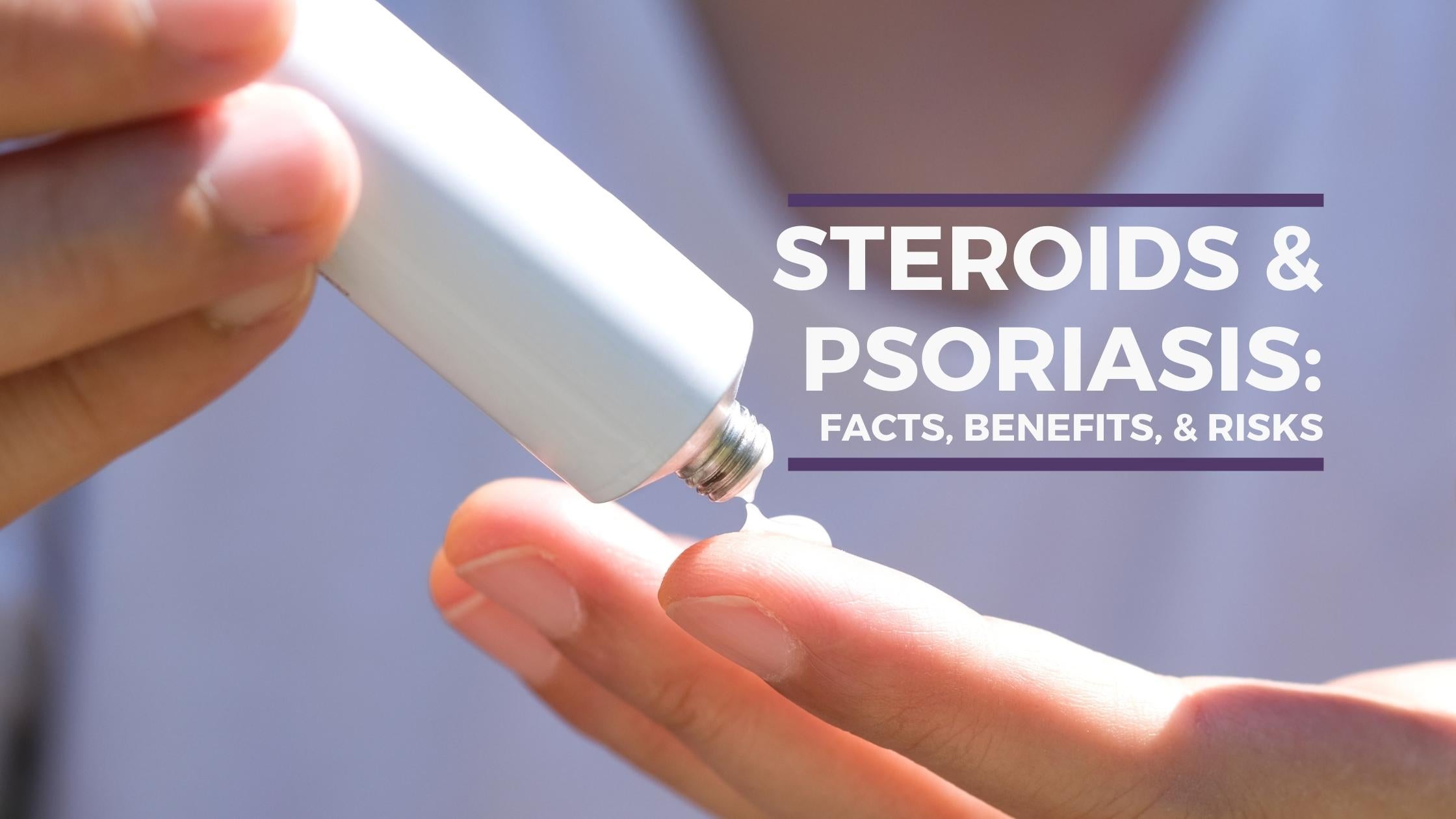
5 Foods to Avoid if You Have Psoriasis
Psoriasis is chronic, but the diet choices you make do have an impact. Avoiding or limiting these five foods may decrease your symptoms and enhance your comfortability.

1. Red meat
Before you dump your fridge, let’s take a step back.
How did red meat become targeted in the first place? Well, buckle up ‘cause we’re about to get real science-y.
Studies have shown that the skin of those who have psoriasis contain high levels of metabolites. These metabolites are known to cause inflammation, and function to process arachidonic acid. This acid is also found in animal fat.
Now, studies have not concluded that red meat is the root of all evil, but many researchers believe that restricting your intake of it may improve psoriatic symptoms. Less arachidonic acid = less metabolites looking to break down that acid.

2. Dairy
You’ll never guess what’s in dairy!
Yup. Arachidonic acid.
Not only does dairy contain the same type of acid as red meat, but it’s also full of casein, a protein that has been linked to inflammation. Cow’s milk is responsible for housing some of the largest amounts of both of these. Fortunately, there are ways around that.
Try substituting your favorite dairy products for almond milk or vegan cheese. These products don’t contain dairy, lactose, MSG, or casein! And we promise, there are some really tasty options!

3. Gluten
Sticking to a gluten-free lifestyle after years of living restriction-free may seem dreadful or even next to impossible. But there’s reason to believe that a change in diet might provide the relief you’re looking for.
Research suggests there may be a relationship between psoriasis and celiac disease.
In fact, psoriasis is the number one autoimmune disorder in which most sufferers demonstrate a gluten intolerance!
Though there’s no solid evidence supporting the correlation between gluten and psoriasis, several studies have shown the presence of gluten antibodies in those who have psoriasis.

4. Alcohol
While not technically a food, alcohol still tops the charts as a “consumable” you’ve probably never given much thought to.
The exact link between alcohol and psoriasis is still unknown, but researchers have discovered that alcohol not only suppresses the immune system (making it difficult to fight off pathogens), but also increases the production of cell cycle activators.
In one study, 53.8% of participants with psoriasis reported a full clearance or reduction of symptoms with the removal of alcohol from their diet.
Trailing closely behind alcohol was gluten at 53.4% of participants and nightshades at 52.1%.

5. Nightshades
Speaking of nightshades… what even are those?
Nightshades are a botanical family of plants that include tomatoes, potatoes, peppers, and eggplants.
The name originated from the Latin word Solanaceae due to the alkaloid compound they create. This compound is more commonly referred to as solanine, and can be toxic in large amounts.
Luckily, most of the toxicity is contained in the leaves and stems and therefore doesn’t often present issues upon consumption. However, for those who have psoriasis, phytochemicals within these foods may create higher histamine levels than the body can handle.
We understand that it may be difficult to eliminate these foods completely. Simply limiting your intake of them may boost your overall health and give your body the break it deserves! If you’re struggling with your diet, try implementing other treatments such as topicals.
 Living Comfortably with Psoriasis
Living Comfortably with Psoriasis
Hopefully after reading this article, you’re able to make more conscious food choices with your psoriasis in mind. And even though these choices should help reduce the severity of inflammation, psoriasis flare ups are still bound to happen.
Thankfully, our Psoriasis Honey Skincare Line was formulated to provide relief when you need it the most. Feel at ease with our signature blend that contains some of the most soothing ingredients. You can check out the entire collection here.



Leave a comment
This site is protected by hCaptcha and the hCaptcha Privacy Policy and Terms of Service apply.